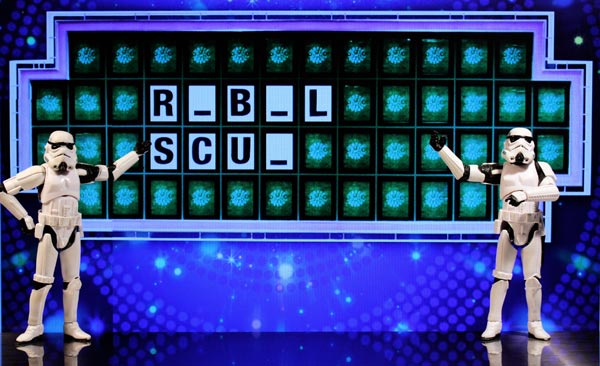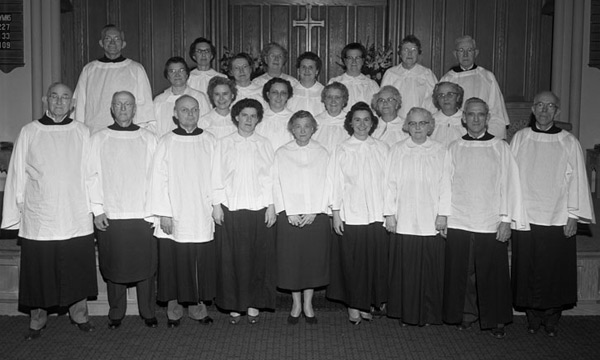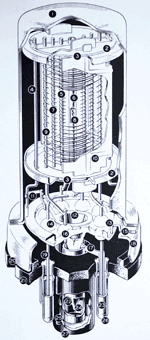Today Wordnik is announcing our 2010 Wordnik API Developers Challenge, a contest to reward the best and most interesting uses of our API. We’re giving $5,000 and mad props to the best entries in these categories:
Games
There are 8 million crappy hangman and scrabble-esque games on the Interwebs. Can you use Wordnik data as a foundation to build something completely different, something more than a réchauffé of the same tired ideas? Maybe a social or location-based or other bandwagonesque mashup? Or if you’re a traditionalist, can you build a better implementation of a well-loved classic? APIs from Facebook, Twitter, foursquare, NYTimes.com and Gowalla are great candidates for game-like integrations.
Books
Rich language data can make the act of reading even more intensely pleasurable than it already is. Can you build tools that provide depth and context to the words in books, magazines, and newspapers? Can you build interfaces that take advantage of an always-on connection to do new and interesting things with language, without distracting readers from a deep-dive into long-form media?
Business
Can you take our data and make it available to writers, marketers, and professionals inside their favorite tools, like Google Apps and Microsoft Office? That’d be cool.
These categories are more guides than strict rules–come up with something completely different, and you can still be rewarded and recognized.
Submissions to Wordnik’s 2010 Developers Challenge will be accepted starting May 3rd, up through May 21st For more information and to sign up for email updates, please see the Developers Challenge web page., and if you have any questions, please direct them to apiteam@wordnik.com. Happy coding!


 I used to work at the
I used to work at the 



